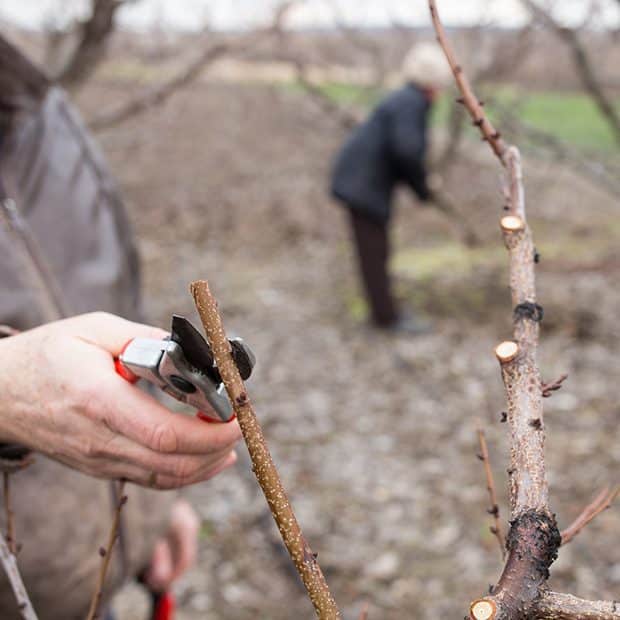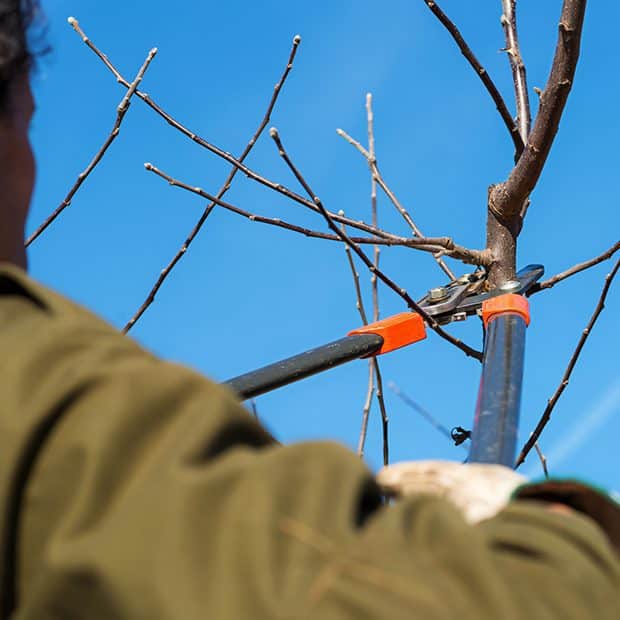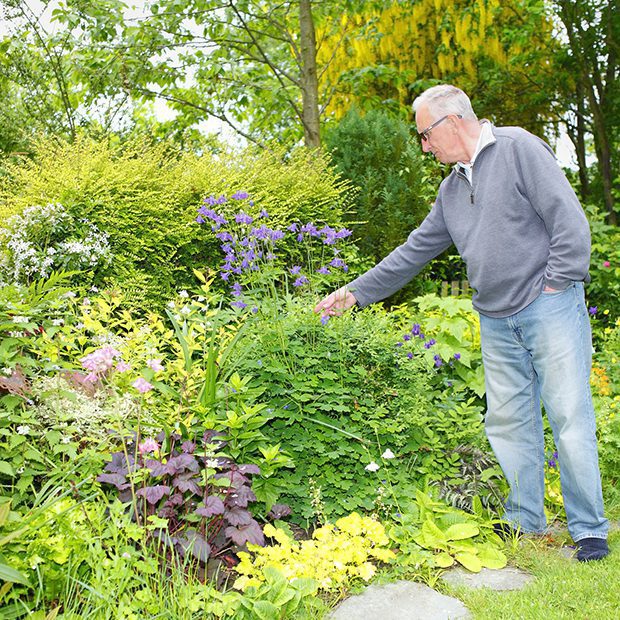5 Tips To Prevent Back Pain Gardening
- Home
- /
- Advice hub
- /
- Gardening
- /
- 5 Tips Prevent Back Pain Gardening

1) It doesn’t matter how hot it is you still need to warm your body up before you start. Just because it is hot and you may be too, it doesn’t mean your body is primed and ready for the tasks ahead.
Plan your gardening so you start after you come back from a (dog) walk or take a few extra trips to get all of the tools out that you need – start with the lightest and leave the heavier items until last.
In cold weather make sure you not only wrap up warm but also wear clothes that will still fully cover your back when you are bent over. This will prevent your bottom and lower back from being exposed to the cold and the muscles seizing up!!


2) Plan Your Jobs. The first task should always be to have a good think about the jobs that you need to do. Make sure you leave heavier work for later once your body is nicely warmed up. Also plan jobs to allow you to change working position regularly.
By making a note of all you want to get done you can see if you are being a little over ambitious with the time you have, and prioritise things as a result.
3) Be realistic about how much you can do. This follows on from mapping out what you want to achieve verses what’s realistic.
How fit are you/how sedentary is your normal week? Gardening is still active and it would be unfair on your body to expect it to suddenly do 6 hours gardening if it is not used to that length of time exercising.
There is no need to be a weekend warrior. We realise that life can be busy and there can only be fragments of time that are available to tidy up the garden. If this is a long-term issue it may be worth planning for this and changing the layout or planting so that it works for you, rather than you working hard on your garden.
4) Mix up the tasks to give your back a rest. Again when planning your time break it up into smaller chunks that involve different types of activity. Maintaining a bent position for a period of time has a negative impact on the structures of your spine. They will undergo creep, which is the movement of one vertebra against another, and can leave your spine more unstable and susceptible to injury. With this in mind, can you alternate between jobs that put your body in different positions. For example, do some weeding for a while, then stand up and do some pruning.
Spend around 20 minutes on each job so that you are constantly changing position. If you easily become too involved, set an alarm. It is about changing habits here, an alarm will remind you when to change. As you get used to this new way of working, you will naturally find yourself changing automatically.


On the subject of little and often, it is far better to do a little bit a few times a week than suddenly spend all day Saturday gardening when your body is not used to it. Maybe you can do short bursts of weeding or dead heading in an evening – 10 minutes spent here and there can make a remarkable difference.
5) Remember NOT to do a job that involves lifting after you have spent a period of time bent over. The first 15 minutes or so after you have been bent over is when your back is most at risk. In this time period the ligaments around the vertebrae are recovering from being stretched and so cannot respond well to protect the back whilst lifting something heavy.
